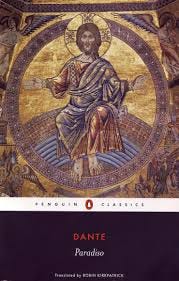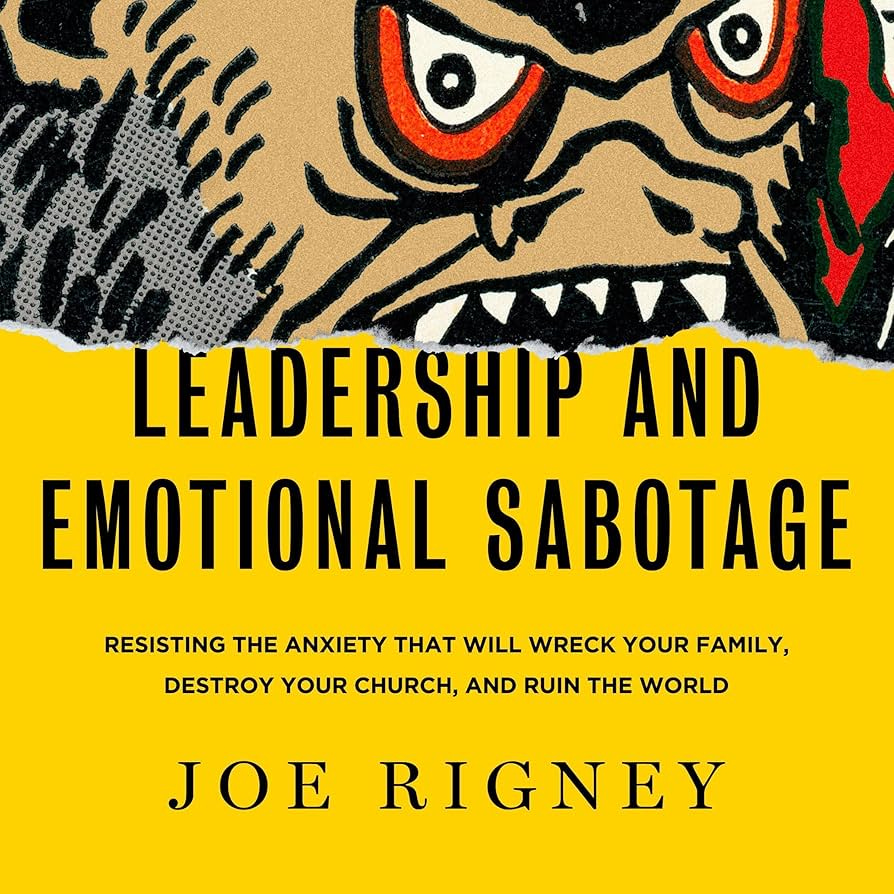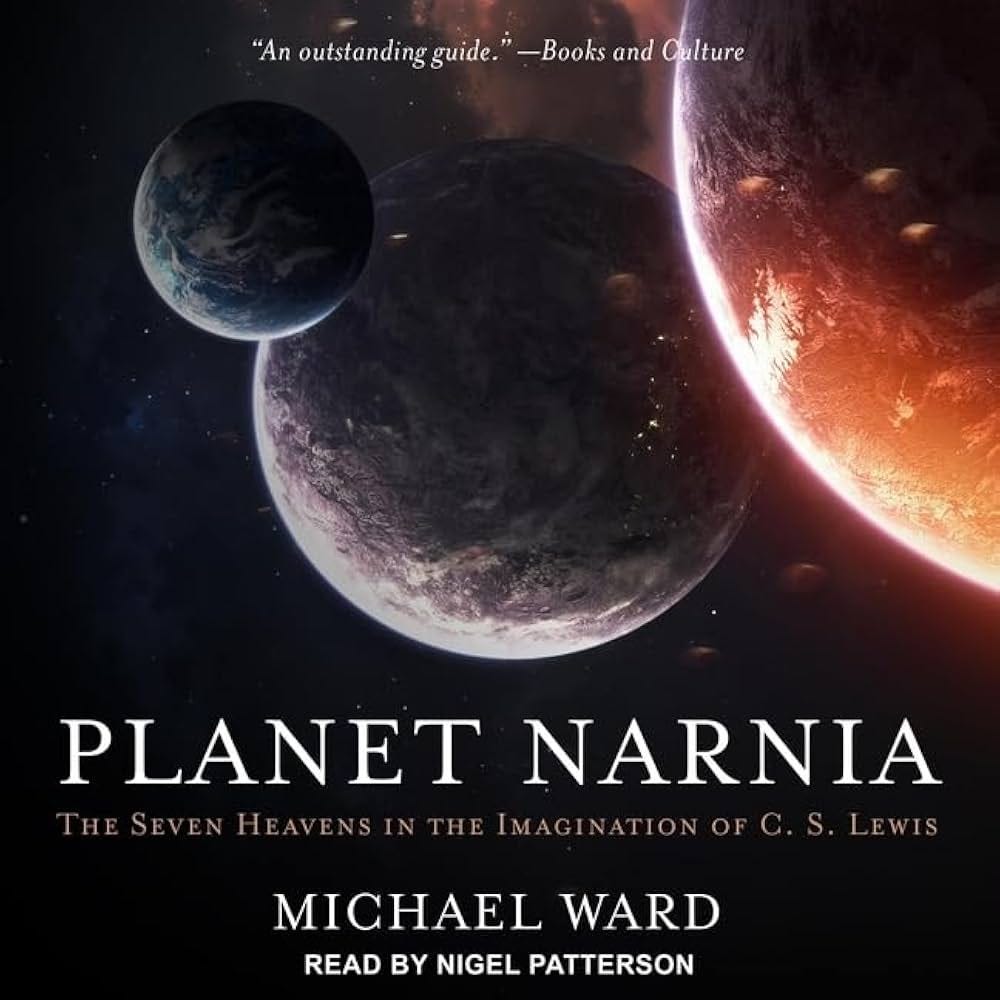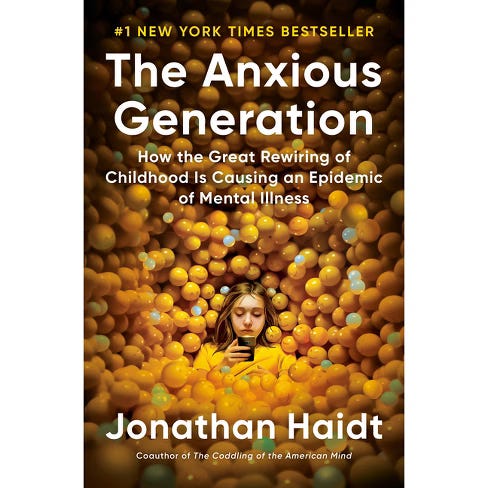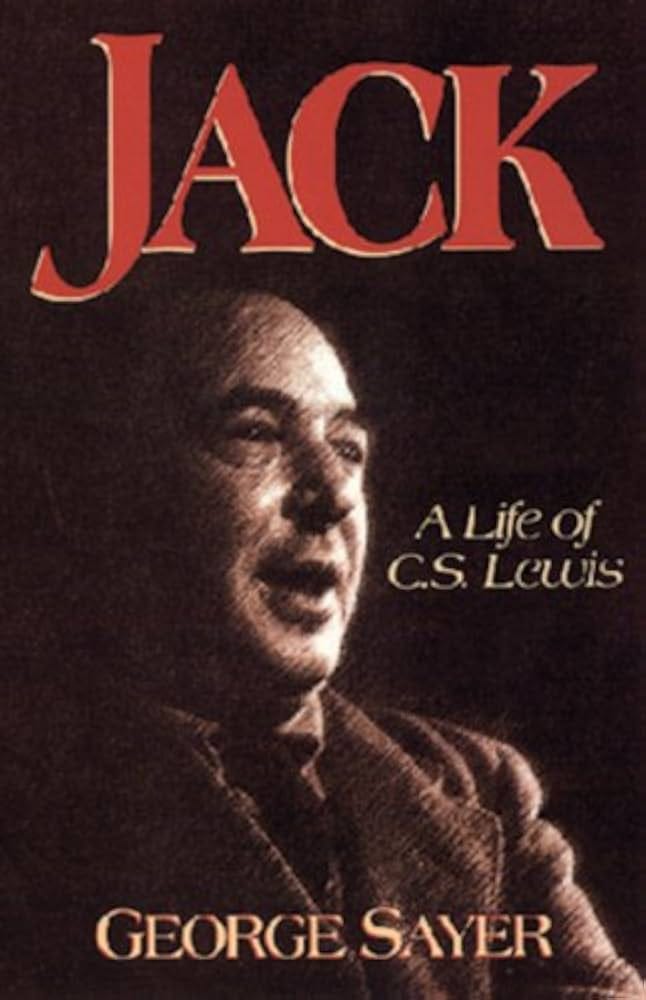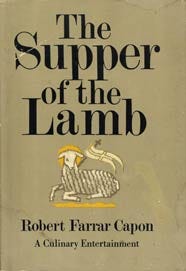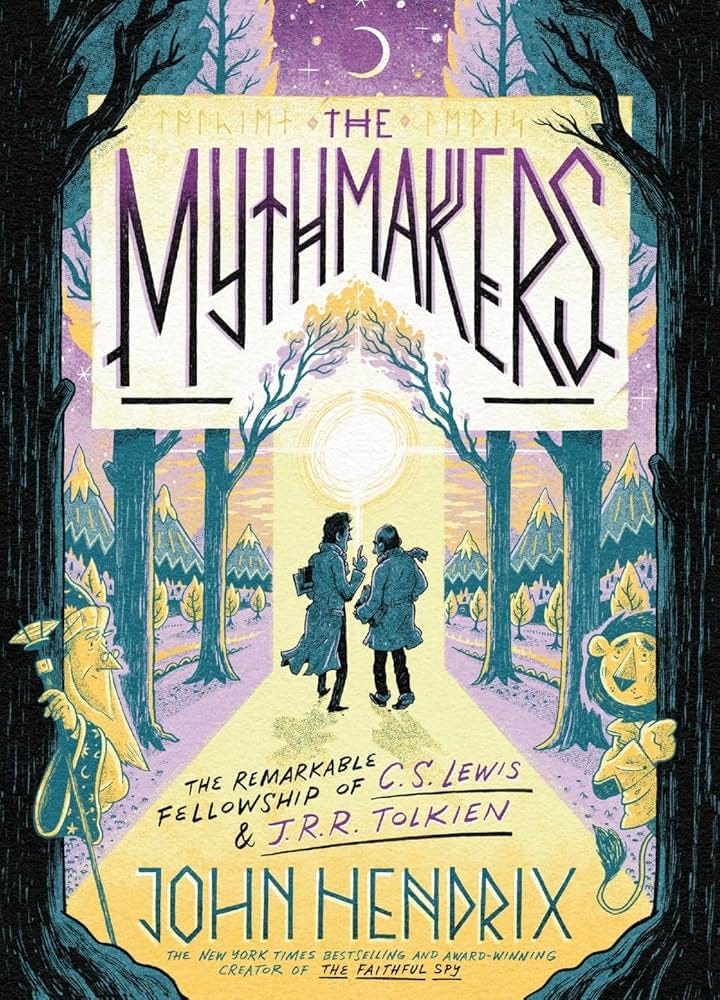It is now the time of year in which Best Of Lists, like bears emerging from hibernation, come out of their caverns and caves to bear witness to the wide light of day. The only ones I am interested in are book-related, and so without further ado, here are my top ten reads from 2024. The only order they are in is the order in which I read them.
Paradiso, by Dante Alighieri
I believe it was Dorothy Sayers who once said something to the effect of, "Reading only Dante's Inferno and neglecting to read Purgatorio and Paradiso is like going to your friend's beautiful mansion and only going down into the crawlspace and basement." Her testimony is true. To describe Paradiso as a masterpiece seems to me to be underselling the matter, like saying Da Vinci's Last Supper is a "nice painting." It is equal parts poetic glory, philosophical eloquence, and imaginative splendor. One almost wants to write a poem about it to praise it; which, come to think of it, is exactly what Longfellow did: he wrote a poem of praise to the whole Divine Comedy in which he called it a "medieval miracle of song."
If you have not yet read Paradiso, I would honestly recommend reading the whole Comedy in order. It is breathtaking. I still frequently think of one scene in Paradiso in which Dante meets some of the Apostles and, rather than glibly asking them trivial questions (as we Christians so often talk of doing when we will one day meet them ourselves), he is struck dumb in their presence as if he was standing before "living mountains." That just about nails it on the head.
The Wind in the Willows, by Kenneth Grahame
C.S. Lewis once wrote that any children's story that's worth reading as a child is even more worth reading as an adult, and his testimony also is true. The Wind in the Willows is a pre-eminent children's story that I never read as a child, but had the immense pleasure of reading as a thirty-year old grown up. It tells the various adventures and misadventures of Mole, Water-rat, Mr. Toad, Badger, and a few other characters (all talking animals) who live in the English countryside. It is equal parts charming, humorous, moral fable, and window into joy -- the kind that, as one character says in the book, is the longing that is pain and the pain that is longing. It has some of the most beautiful and potent scenes in any book of any kind I have ever read; the scene when Ratty and Mole meet the god Pan may be one of the finest pieces of writing in all of literature, in my very humble opinion.
Leadership and Emotional Sabotage, by Joe Rigney
I almost want to say that this is required reading for anyone who wants to lead anything in these, the days of wokeness, cancel culture, and general degeneracy. Joe Rigney has taken insights from Edwin Friedman about the way emotional manipulation works against leaders (and the institutions, organizations, and groups that they lead), baptized them in a thoroughly Christian worldview, and applied them most incisively to our current cultural climate. For instance, his observation that the world often tries to steer Christians by means of other Christians is solid gold. I would explain exactly what he means by that, but then you wouldn’t read the book for yourself, would you?
Dominion, by Tom Holland
This book is a tour de force that traces the influence of Christianity across the ages and civilizations of world history. It is written by a non-Christian (or what Chesterton would call a “merely psychological Christian), which means you get a number of quite profound insights that most of us on the “inside” don’t consider, such as the outsider’s perspective of how united the Church actually is (whereas we on the inside can get quite easily lost in our divisions and disagreements). Of course, this also means that Mr. Holland gets a number of things wrong (such as simply assuming, without offering any evidence or even citing any sources, that Paul did not pen the letter to the Ephesians).
All in all, one comes away from this book understanding something of what Chesterton once wrote, namely, that one living in the West ought really to be inside Christendom or else get completely outside of it, for then he will have at least have a chance of seeing it for what it really is; instead, most people have been vaguely Christianized, and assume Christian moral ground, while simultaneously trying to reject Christendom. They have one foot in the door, and one foot out. They want to enjoy the fruit of Christianity without tending the Tree of Life, and Holland makes this abundantly clear (I think he would even say the same is true of himself; or else he would take Dawkins' recent line about being a “cultural Christian”).
The Emperor Charlemagne, by E.R. Chamberlain
In a bit of cross-pollination, one of my favorite sections of Dominion had to do with the reign of Charlemagne – and so, I thought to myself, “Self, why not pick up a biography of Charlemagne?” And thus I did. Before I read this book, when I thought of the Franks (and isn’t one often thinking of them?) I mostly had the cliches in mind: barbarism to the extreme, uncouthness to the nth degree, and endless drunken debauchery. But Charlemagne was a truly civilized man, and the first to successfully “unite” what we now know as modern day Europe. He instituted incredible education reform, made safe (for the most part) his great kingdom, and was in many ways quite the portrait of a Christian prince (though he certainly committed his own grievous sins). And, as a fun fact to stick in your pocket, when we say that we’re going to be “frank” with someone, we are actually paying homage to Charlemagne and the Franks: for in European speech, to be “frank” meant you were acting like a Frank: that is, being free and manly and open.
Planet Narnia, by Michael Ward
To say that I love The Chronicles of Narnia almost goes without saying for those who know me; but I love saying it, and I do love Narnia. So when I stumbled across this book, it felt to me like finding the Dead Sea Scrolls must have felt to archaeologists and Bible scholars. Reading this was like experiencing, moment after moment, those “epiphanies” that characters in movies have when suddenly they understand some mystery or connect some dots or solve some puzzle. Ward purports (and I can’t see how he’s wrong) to put the “key” into the lock of the whole Narniad by aligning each book with a “heavenly” counterpart in the medieval cosmology: for example, The Lion, the Witch and the Wardrobe is linked with the planet Jupiter, or Jove: for Jove among other things was the bringer of joy and glad tidings (which explains Father Christmas’s perhaps unexpected appearance), and that is what LWW is all about. Now, I am really underselling the illuminating power of this book, so please take my word for it: if you enjoy Narnia, this is a must-read.
The Anxious Generation, by Jonathan Haidt
This was quite a work of sociology, and let me tell you, sociology is not normally to my taste. But this book, as the cool kids say, hit different. Mr. Haidt explores how the peculiar intersection of social media and wireless tech (like the iPhone) has rewired childhood and parenting for the worse: one of his primary theses is that parents are ridiculously overprotective in the real world, and ludicrously underprotective in the digital world.
Now this is a phenomenon that I suspect most of us have felt or intuited to some degree, but what is so impressive about this book is that we see all the data that backs it up. It is hard to read a book like this and think, “No, we don’t have a parenting/tech problem.” I do think Mr. Haidt gets a little askew in his application toward the end of the book, but Christians would do well to plunder this veritable sociological Egypt for all its worth as we seek to wisely raise our own children in the nurture and admonition of the Lord.
Jack, by George Sayer
At this point in my life, I have read almost all of C.S. Lewis’s major books, a great many of his essay collections, and his published diary collection (though sadly I have not even really begun on his staggeringly voluminous letter collection). To paraphrase the man himself, nothing beats going to great authors themselves as opposed to merely reading about them in mostly unhelpful books. But I do still enjoy biographies, and I have read as many Lewis biographies as I could get my hands on. I still think McGrath’s the best, followed closely by Alan Jacobs’s The Narnian, but I think this is a close third. Sayer was a student of Lewis, so he’s able to provide some unique insight from personal experience that we “afterlings” can only conjecture about. Reading about Sayer’s first meeting with Lewis is a real treat in and of itself.
What It Means to Be Protestant, by Gavin Ortlund
In an era where it is very easy (though it has always been easy to some degree) to caricature those with whom we disagree, not only by exaggerating their less-than-desirable features but by straw-manning the ever-living daylights out of them, to read or listen to or watch anything done by Gavin Ortlund is truly a breath of fresh air. He does not fight against Scarecrows; he always engages thoughtfully, deeply, respectfully – but firmly – with the errors of other Christian traditions, and this book is no exception. His main task in this book is to show, as the title suggests, what it means to be Protestant, which is something that I think evangelicals in particular really need to learn more about. He shows how Protestantism is in line with the Church Catholic (i.e., the universal church) and deals with objections from Roman Catholicism and Eastern Orthodoxy in particular in a helpful and easy-to-understand way. If you are a Protestant but have never really given any thought to why you are a Protestant, I heartily commend this book to you.
The Supper of the Lamb, by Robert Capon
How to describe this book? One is tempted to lay it out like a five-course meal, but that would be a bit gaudy for a mere best-of list. Robert Capon (not to be confused with Al) was a priest and something of a gourmand, and this book is a wild and delightful celebration of all things food. Chesterton once quipped that the poets have been strangely silent on the subject of cheese, but this book is as near to closing that gap as any ever written.
Honorable Mention: The Mythmakers by John Hendrix
Never, in all my born days, have I ever been even remotely interested in graphic novels. My desire to read a graphic novel has, historically, been about equal with my desire to have a colonoscopy: which is to say, non-existent. But then, I saw that John Hendrix had written a graphic novel about – oh, heavenly days, could it be? – yes, C.S. Lewis and J.R.R. Tolkien. What an absolute delight in every way: the art, the story-telling, and especially (for me) the imaginative ending all had me going back and forth between laughing, pondering, and crying. I even learned a thing or two I didn’t know about these friends and literary giants. If you enjoy the works of either Lewis or Tolkien, this is a graphic novel well worth reading.




